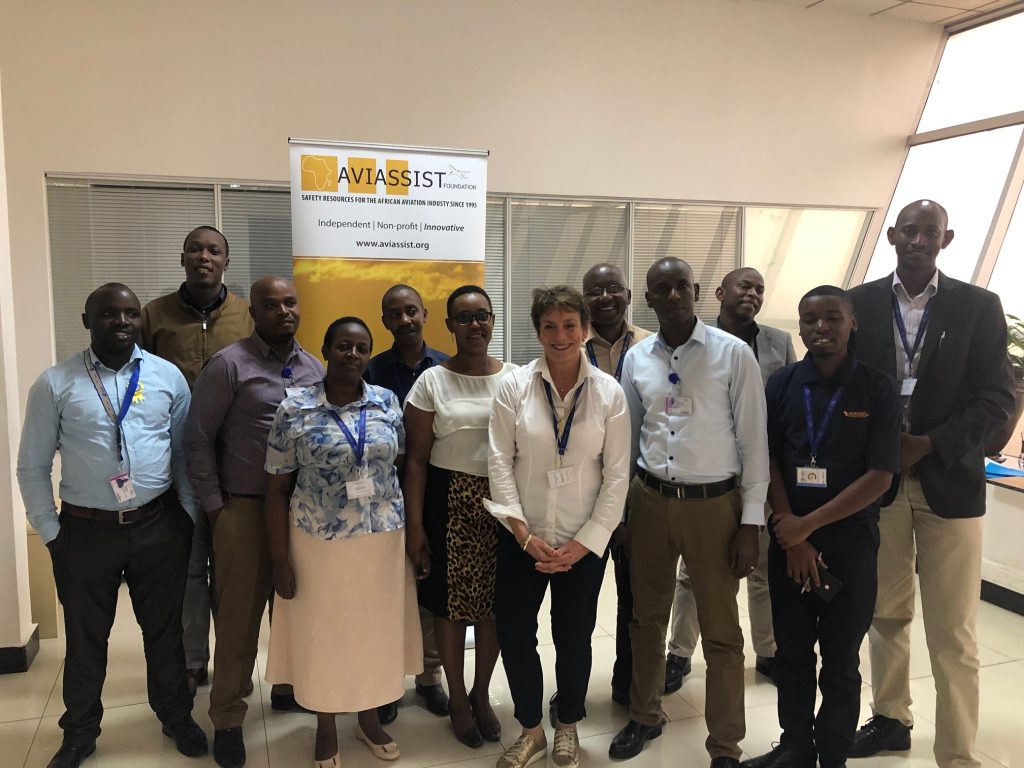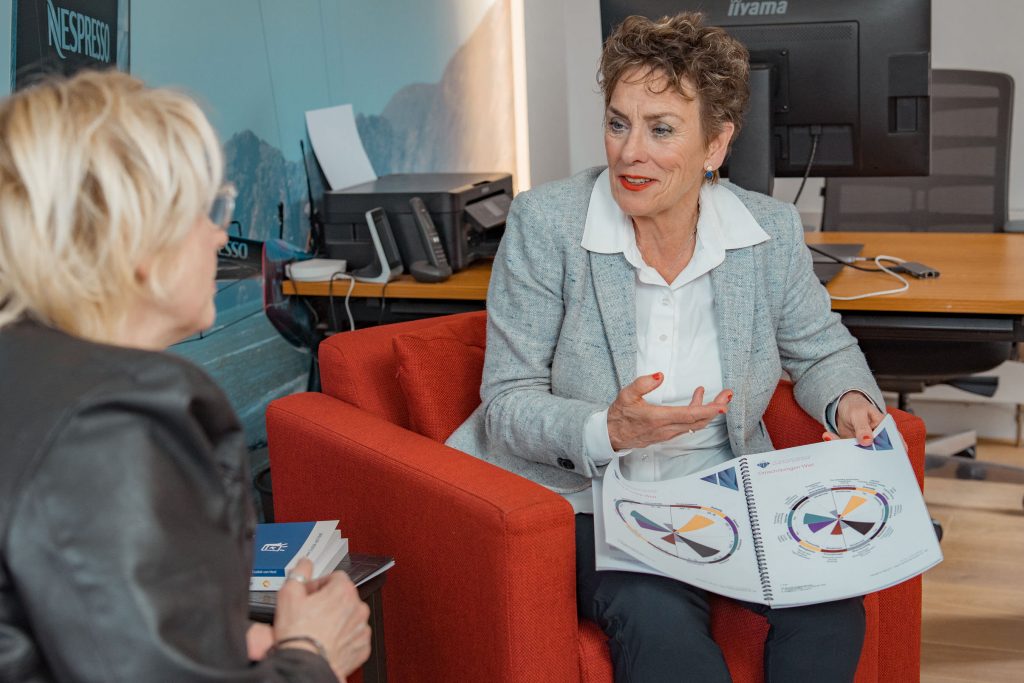How can I make leaders make a difference in their organizations? That is an important driving force for me.
If there is good and courageous leadership, there will be more safety in the workplace. Employees take more initiative, contribute more to innovation. And – last but not least – results are achieved more effortlessly. This works in our country and internationally. So also in African countries.
Last week I was in Rwanda again to give a leadership program. I do this for AviAssist, an international foundation that aims to improve aviation safety in Africa by providing courses. For years these were mainly technical trainings, but about eight years ago it was decided to also strengthen leadership in African aviation. And so I became the leadership trainer for AviAssist. And I led leadership programs in Rwanda and Uganda, among others.
African leadership and safety in Rwanda
“Gwen, is Rwanda safe?” A question I am often asked. Because most of us probably have an association with the terrible genocide that took place in this country in 1994. The answer is a resounding “Yes!”. I am deeply impressed by how this country has developed and put itself on the international map. Currently, it is one of the most developed and safest countries in Africa. The government is still developing many activities to build strong local communities of Rwandans. And economically, the country is growing rapidly and has an interesting investment climate. In 2018, Volkswagen opened an assembly plant in Rwanda.
Most of the participants in my training sessions are managers and directors. They work, among others, at the airline Rwandair and the RCAA, the Rwanda Civil Aviation Authority, in Kigali.
They are all aware of the theme of safety and want to move forward, want to improve their leadership.
African leadership and the cheetah generation
Rwanda – like many other African countries – wants to move forward. Fast forward. Like cheetahs. The “Cheetah generation” refers to the younger generation of African professionals, usually with a university education, who look at problems in a completely different and unique way. They are dynamic, intellectually agile, and pragmatic. In contrast, there is the “Hippo generation”, the generation of the sixties mentality, who continue to believe in the government and are satisfied with the status quo. I have taught Cheetahs and Hippos, a world of difference.
African Leadership versus European leadership
How educational it is to be able to teach in other countries, in other cultures. How much I have learned in recent years! Children are raised differently in African countries than in our culture. Both at home and at school. And that means that adults also deal with information differently. What are the differences? I mention three:
- Copy-paste:
- In the school system, they write about what the teacher has written on the board. Experimenting with the information provided is more difficult. This requires a different way of teaching. Very concrete.
- Abstraction
- Abstract concepts take more time, so clarity in my instruction is very important. And I make the topics very visual.
- Hierarchy
- This is many times greater than in our country. When the boss calls, you must be ready for him/her. Slowly, middle management is learning to better stand up for their own interests. But caution is advised because it is much easier in this country to dismiss employees.
Want to know more about strengthening your organization and its leaders? In the Netherlands or abroad? I find it inspiring to exchange thoughts with you about that.






